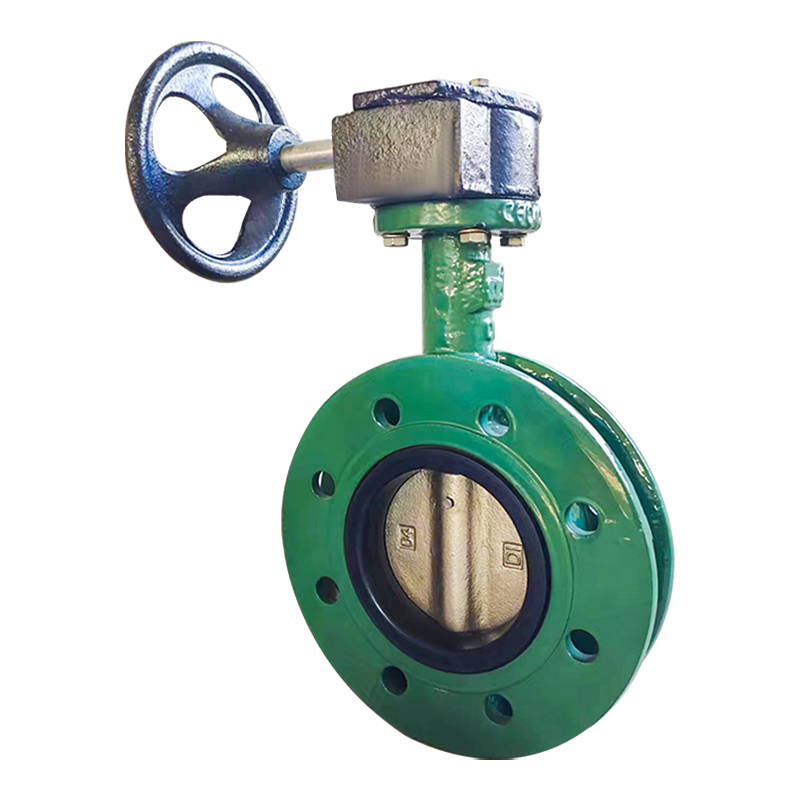
- Call Us
- +8618633052223
- njhdvlz@163.com
Nov . 18, 2024 21:27 Back to list
china double check valve irrigation
Understanding the China Double Check Valve in Irrigation Systems
Irrigation is a vital part of agriculture, ensuring that crops receive the necessary water for growth. Among the various components that facilitate efficient irrigation, the double check valve plays an essential role, especially in China where agricultural practices are continuously evolving with technological advancements. This article delves into the significance, functionality, and advantages of double check valves in the context of irrigation systems in China.
What is a Double Check Valve?
A double check valve is a mechanical device designed to prevent backflow in fluid systems. In the irrigation context, it serves a critical purpose protecting the water source from contamination. This is particularly important in agriculture, where fertilizers and pesticides can lead to a significant risk of polluting groundwater supplies if not properly managed. A double check valve consists of two independent check mechanisms that work in tandem, providing an added layer of security compared to a single check valve.
Importance in Agricultural Practices
In China, agriculture is both a key economic driver and a source of food security for a vast population. As water scarcity becomes more pressing due to climate change and intensive farming practices, efficient irrigation systems are paramount. By integrating double check valves, farmers can ensure that their irrigation systems operate safely without the risk of backflow that could introduce harmful substances into drinking water supplies. This is crucial not only for maintaining the health of the crops but also for safeguarding the wellbeing of communities relying on these water sources.
Functionality of Double Check Valves
The double check valve operates under a straightforward principle — water flows in one direction through the valve while preventing any backflow. Typically, when water is pushed through the irrigation system, the check valves open, allowing flow. However, if there is a decrease in pressure or a change in direction, the valves close, effectively blocking any reverse flow. This mechanism ensures that water, which may carry contaminants from the irrigation system, does not return to the main water line.
In many modern irrigation setups across China, double check valves are integrated into automatic systems, allowing precise control over water distribution to fields. This automation further enhances water conservation efforts, enabling better management of precious resources while also maximizing crop yield.
china double check valve irrigation

Advantages of Double Check Valves in Irrigation
1. Prevention of Contamination As mentioned, the primary advantage is the safeguarding of water quality. The risk of polluted water entering the mains is significantly reduced.
2. Reliability in Operation With two check points, double check valves provide redundancy, ensuring that even if one mechanism fails, the other can still function to prevent backflow.
3. Cost-Effective Implementing double check valves can be a cost-effective preventive measure. The potential costs associated with treating contaminated water or the health implications of polluted sources can far exceed the investment in quality irrigation components.
4. Compliance with Regulations Many regions, including China, have strict regulations regarding water quality. Utilizing double check valves helps farmers remain compliant with these regulations, thus avoiding potential fines and ensuring sustainability.
5. Enhanced Efficiency By preventing backflow, double check valves contribute to the overall efficiency of the irrigation system, ensuring that the water supplied is clean and appropriately directed to where it is needed most.
Conclusion
As China continues to advance in agricultural technology and practices, the use of double check valves in irrigation systems stands out as an essential component. Not only do they protect valuable water resources, but they also play a critical role in ensuring the health of crops and the surrounding environment. With the increasing focus on sustainable practices and water management, the double check valve is poised to remain a crucial element in the irrigation landscape of China. The implementation of such devices reflects a commitment to protecting both agricultural productivity and public health, paving the way for responsible farming in the years to come.
-
Double Flanged Short Pattern Butterfly Valve | Compact, Efficient Flow
NewsAug.01,2025
-
Precise 3-Inch Butterfly Valve Dimensions | Durable Flow
NewsJul.31,2025
-
3 Butterfly Valve Dimensions | GPT-4 Turbo Precision Specs
NewsJul.31,2025
-
Stainless Steel Sanitary Butterfly Valve for Hygienic Flow Control
NewsJul.30,2025
-
High-Performance Groove Butterfly Valve for Easy Installation
NewsJul.30,2025
-
High-Quality 2 Inch Butterfly Valve for Precise Flow Control
NewsJul.29,2025